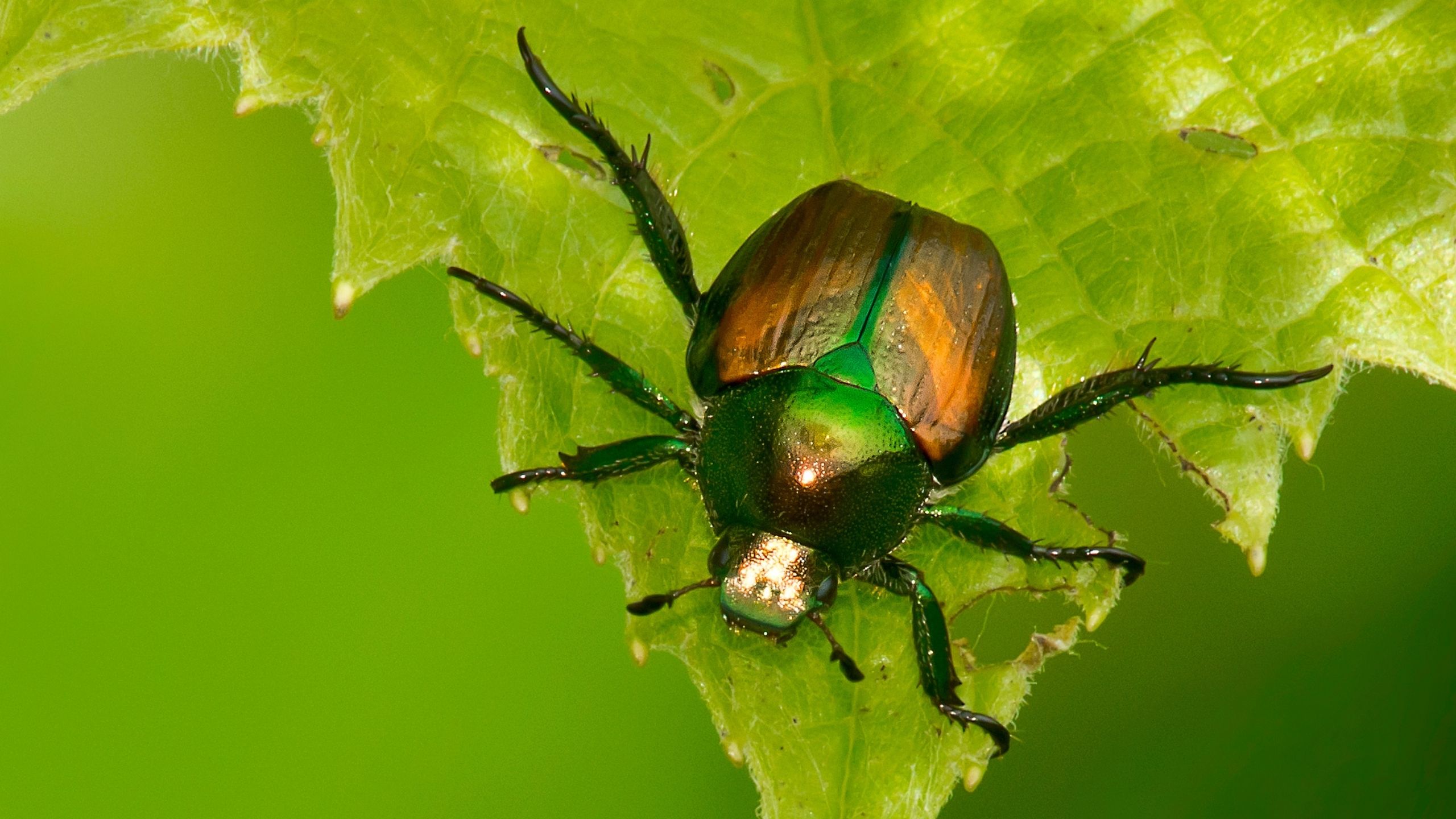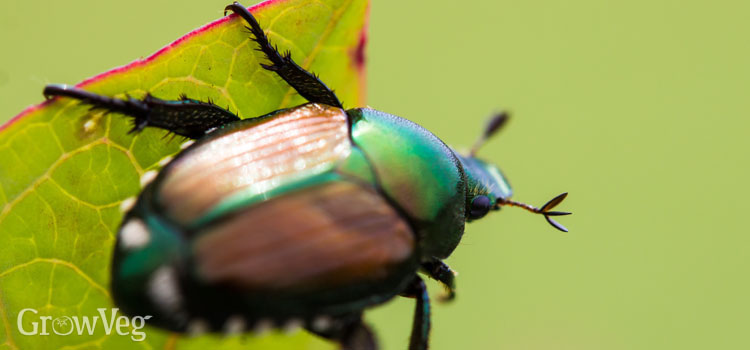japanese beetle life cycle in missouri
Adult beetles are metallic green with brown wings approximately 5-7 mm wide and 8-11 mm long Figure. In Connecticut this insect has been found in almost all parts of the State.

Japanese Beetle Missouri Department Of Conservation
Native to Japan Japanese beetles are an invasive species that was first detected in the.

. Japanese Beetle The Japanese beetle found its way to New Jersey in 1916. The grubs resume feeding on grass roots in the spring and then pupate near the soil surface. These beetles have a bright appearance due to their color combination a metallic green head and thorax and a copper-colored elytra partially covering.
Japanese beetles have an annual life cycle. The adult Japanese beetle is a little less than half an inch long and has a shiny metallic-green body with bronze-colored outer wings. Eggs are laid in moist sod near the soil surface July through August.
The Japanese beetle Popillia japonica has emerged to wreak havoc on your shade trees. A day in the life of a sloth is also a message to slow down Many unusual animals interact with the. Japanese beetles overwinter as a partially grown grub in the soil below the frost line.
These pesticides act as preventatives that will kill Japanese beetle eggs before they are able to hatch into. The eggs hatch into white grubs in ten days to two weeks or longer depend- ing on soil temperature. How to Recognize the Japanese Beetles Life Stages.
Peak Japanese beetle population typically occurs in late July. Acelepryn and Intercept are good at killing Japanee beetle eggs. The Japanese beetle life cycle.
Is necessary for the completion of the entire life cycle. Joel Floyd USDA APHIS. When Japanese beetle grubs are sufficiently.
Japanese beetles have been established in other parts of the Great Lakes region for decades and people. Homeowners encounter Japanese beetles during the early summer months as the beetle adults fly and gather in clusters to feed upon plant leaves consuming the soft leaf tissue between the. Japanese beetle are distinguished from native beetles by the presence of.
Shortly after eggs hatch and the larvae burrow underground.

Japanese Beetle Missouri Department Of Conservation

Biology And Management Of Japanese Beetle G7412 Mu Extension
Extension Outreach Crop Sciences Department College Of Aces University Of Illinois

Japanese Beetle Missouri Department Of Conservation

Japanese Beetles Threaten Gardens And Crops In Missouri Illinois
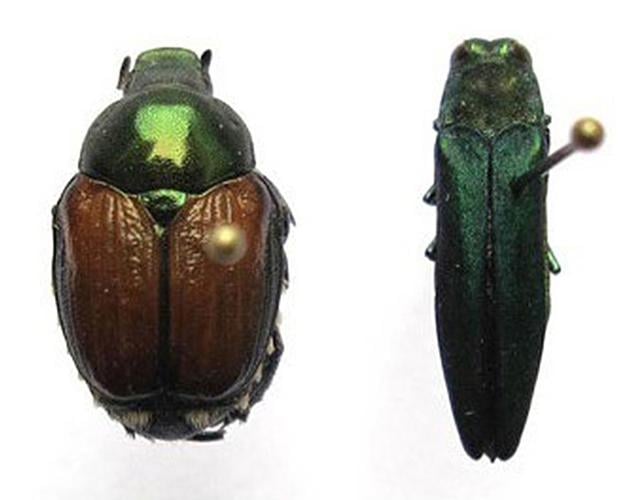
Japanese Beetles Eab Wreak Havoc On Plants Trees Outdoors Mycouriertribune Com
Controlling Japanese Beetles D Oh I Y
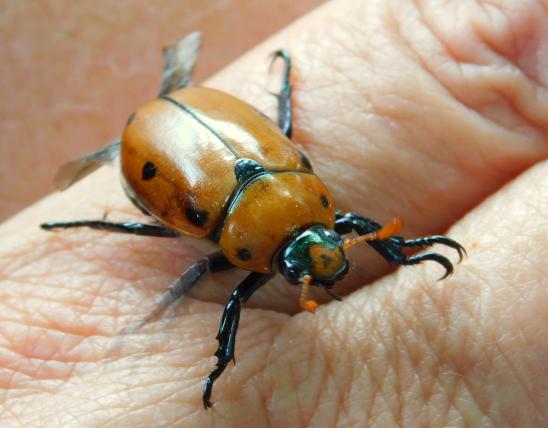
Japanese Beetle Missouri Department Of Conservation
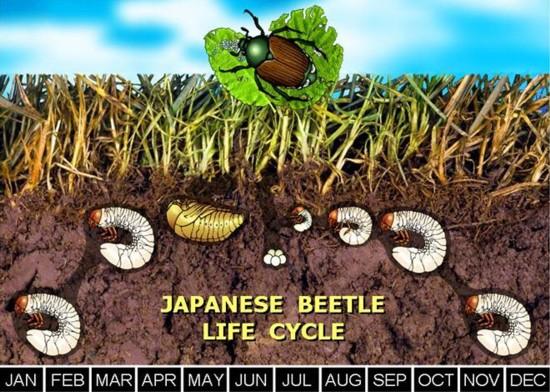
Japanese Beetles In The Urban Landscape Entomology
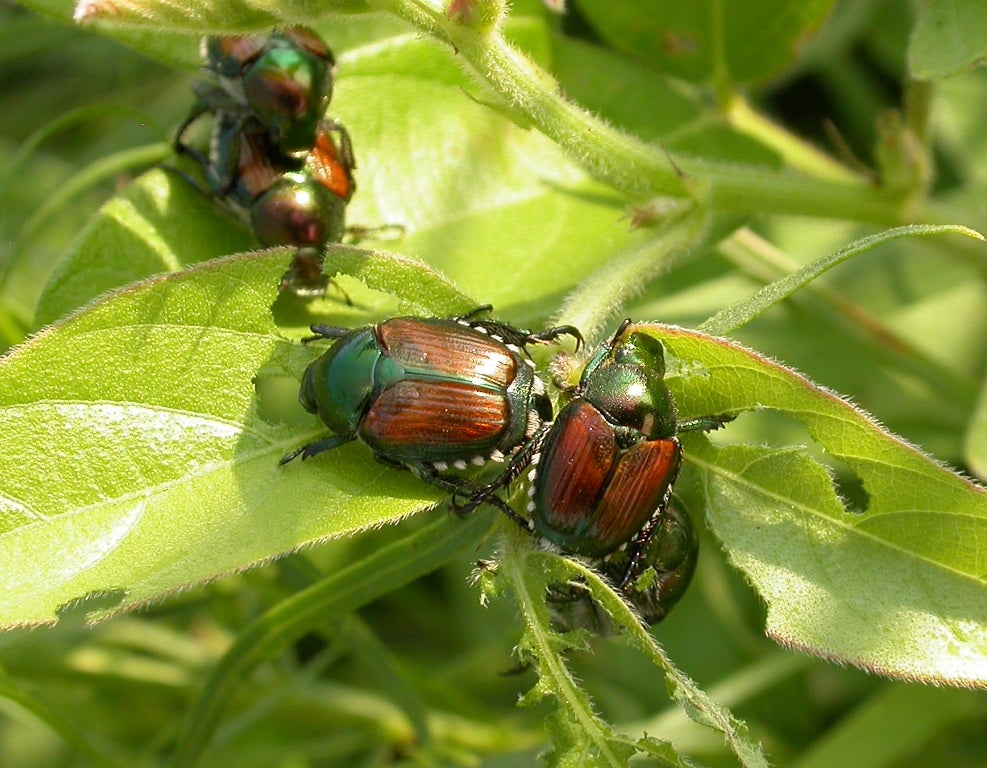
Japanese Beetles Missouri Department Of Conservation
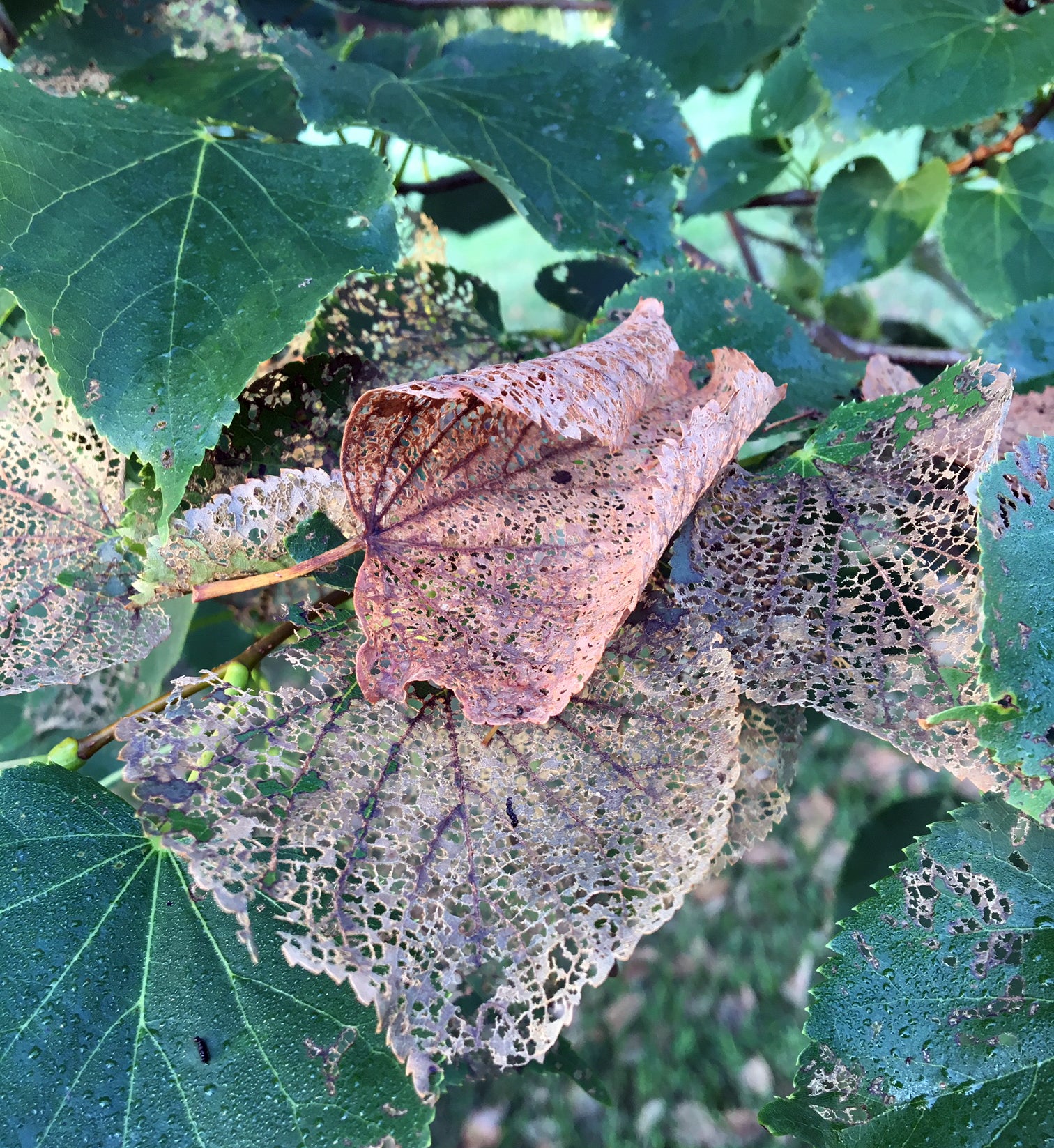
Japanese Beetles Missouri Department Of Conservation

Local Lawn Care Services Weed Control Spring Green
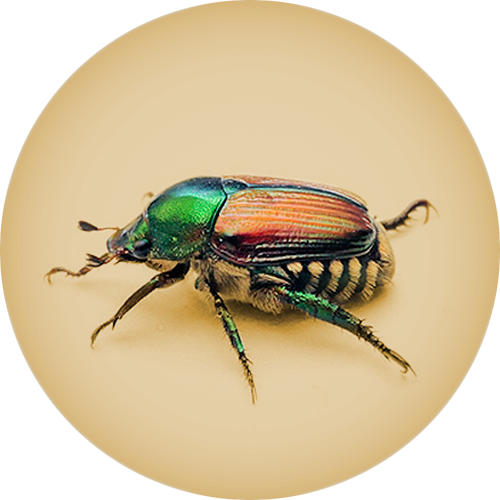
Japanese Beetle Pest Monitoring Integrated Pest Managment University Of Missouri
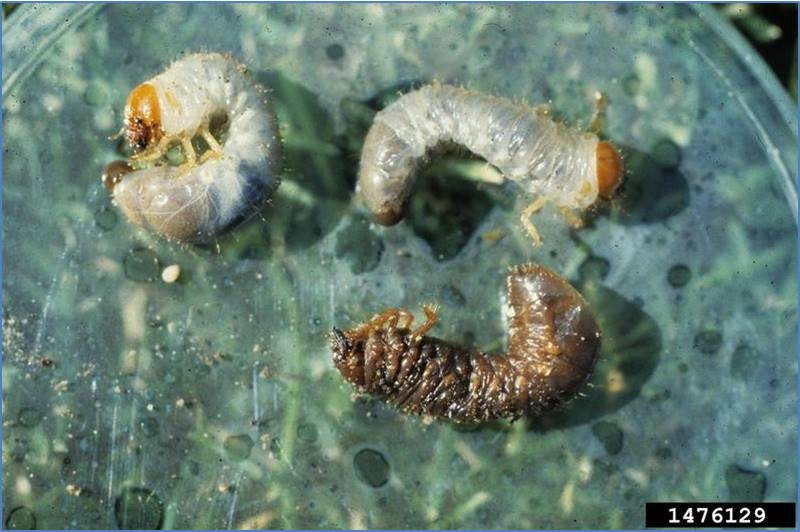
Organic Management Options For The Japanese Beetle At Home Gardens Missouri Environment And Garden News Article Integrated Pest Management University Of Missouri
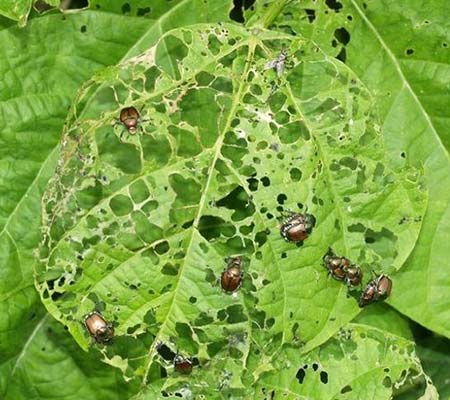
Biology And Management Of Japanese Beetle G7412 Mu Extension

Japanese Beetles Are Back How To Deal With Them The New York Times

